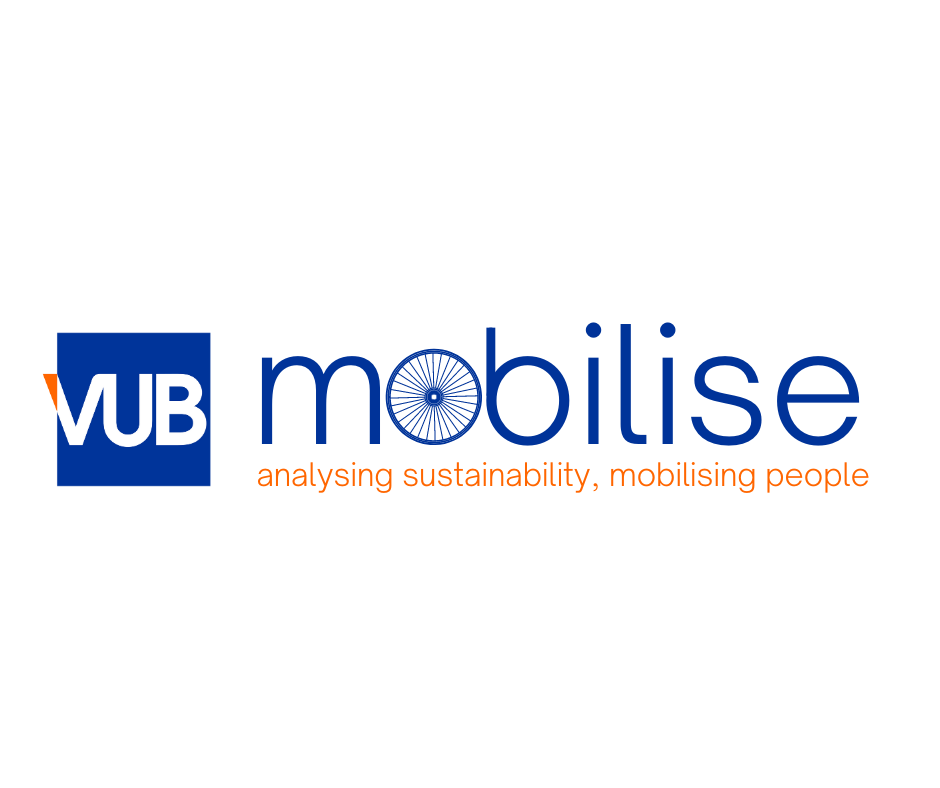Research tracks
Our research group has a strong expertise in urban mobility. The team analyses the behaviour of transport users and the barriers to adoption of sustainable transport modes. It assesses how new mobility policies (e.g. pedestrianisation), technologies (e.g. digital mobility apps) and innovative business models (e.g. shared mobility, mobility as a service) and street transformation impact the society, the industry, urban planning, social equity and public transport.
Mobilise also has extensive expertise in sustainable logistics, researching pathways to reduce externalities by avoiding transport operations (e.g. consolidation centres), creating awareness amongst stakeholders (e.g. external cost calculations), anticipating new technologies (e.g. electric road systems) and shift demand to more sustainable modes (e.g. cargobikes and intermodal transport). We have a focus on e-commerce, circular logistics, short supply chains, consolidation centres, last mile logistics, and inter- and synchro-modal transport).
Tools & methods
To accelerate the sustainable transition of cities we develop methods and tools:
- to support the inclusion of stakeholders and especially citizens in transport planning through participatory planning and impact assessment tools such as the multi-actor multi-criteria analysis (MAMCA) and stakeholder-based impact scoring (SIS);
- to prepare for future uncertainties in transport through participatory foresight;
- to measure and incentivize behavioural change through travel behaviour analysis and the impact assessment of mobility management policies and measures;
- to support the design of an equitable, accessible and inclusive transport system through the development of policy support and evaluation tools.
- to calculate and monetize the sustainability impact of transport through an External Cost Calculator.
- to simulate the freight transport system and its agent behaviour via transport models SYMBIT and TRABAM.
- advise, and mobilise the different actors within the mobility and logistics ecosystems in research and assessments.
